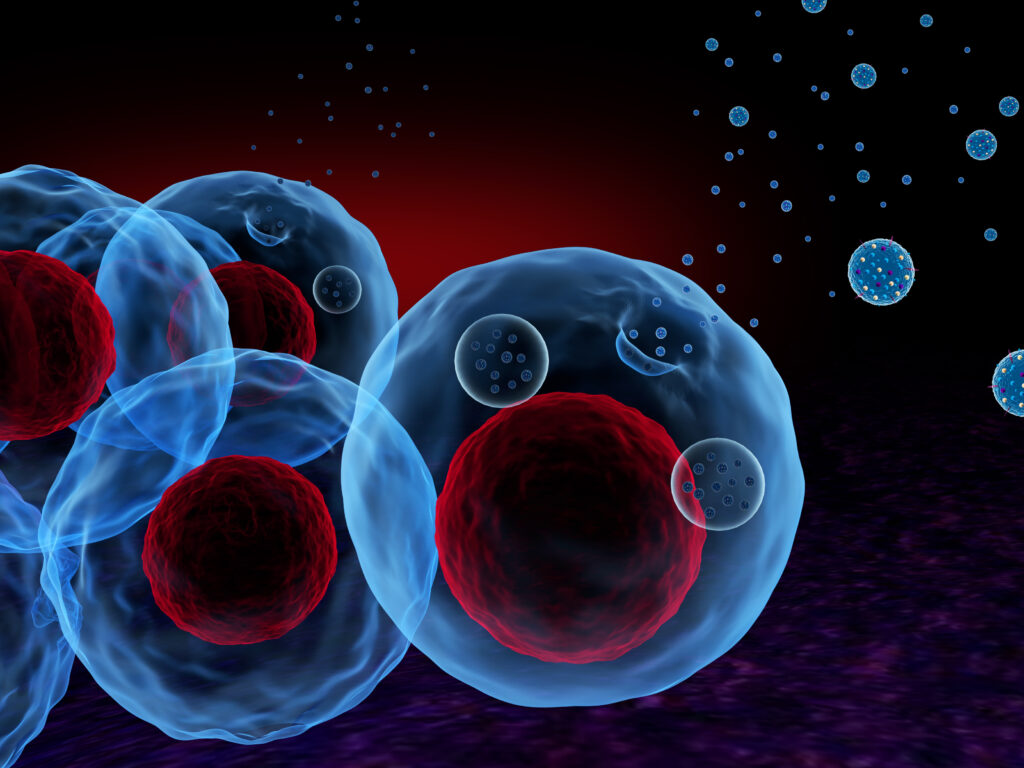The intricate relationship between the tumor microenvironment (TME) and epithelial-mesenchymal transition (EMT) is pivotal in understanding the complexities of breast cancer initiation and progression. A recent review delves into this critical interplay, offering new insights into how these processes contribute to tumor growth, metastasis, and therapeutic resistance, particularly in the context of triple-negative breast cancer.
The TME is a dynamic entity composed of various cell types, including immune cells, fibroblasts, and endothelial cells, alongside non-cellular components such as extracellular matrix (ECM) proteins and soluble factors. This environment is not merely a backdrop; it actively shapes tumor behavior through a web of signaling pathways that involve cytokines, growth factors, metabolites, and exosomes carrying non-coding RNAs. The presence of hypoxic conditions within the TME further complicates these interactions, influencing the tumor’s growth patterns and its response to treatment.
EMT is a key biological process whereby epithelial cells lose their characteristic features and gain mesenchymal traits, enhancing their motility and stem-like properties. This transformation is particularly significant in breast cancers, where it correlates with increased metastatic potential and resistance to conventional therapies. The reversible nature of EMT suggests a complex regulatory mechanism that remains a focus of ongoing research.
Understanding how TME and EMT interact is essential for unraveling the mechanisms behind breast cancer metastasis and treatment resistance. The review emphasizes the therapeutic potential of targeting the TME-EMT axis, particularly through innovative strategies like CD73-TGF-β dual-blockade. This approach aims to improve outcomes for patients suffering from triple-negative breast cancer, a subtype notorious for its aggressive nature and limited treatment options.
Moreover, the authors explore how modulating EMT could enhance the efficacy of immune checkpoint blockade (ICB) therapies. By addressing the challenges posed by EMT, there is a potential to significantly improve patient responses to these emerging treatments.
This comprehensive review is authored by Jie Yuan, Li Yang, Hua Zhang, Narasimha M Beeraka, Danfeng Zhang, Qun Wang, Minghua Wang, Hemanth Vikram Pr, Gautam Sethi, and Geng Wang, all of whom contribute valuable expertise from their respective fields.
In summary, the interplay between the TME and EMT represents a promising frontier in breast cancer research. By targeting these processes, researchers hope to develop more effective treatment strategies that can overcome the challenges of metastasis and therapeutic resistance, ultimately leading to better patient outcomes.


